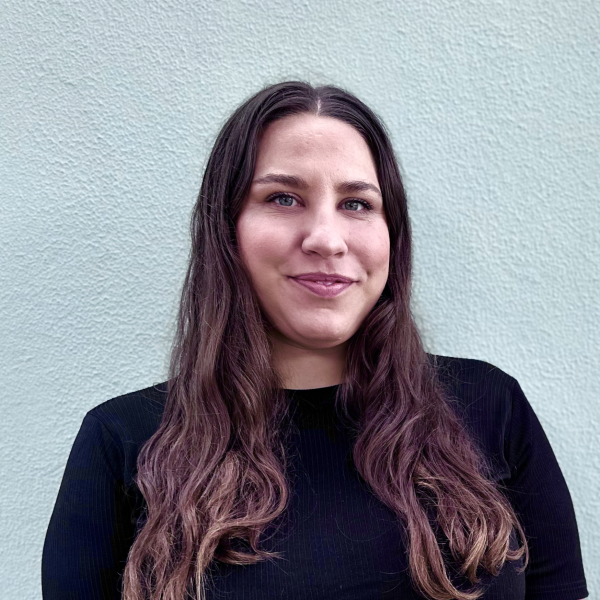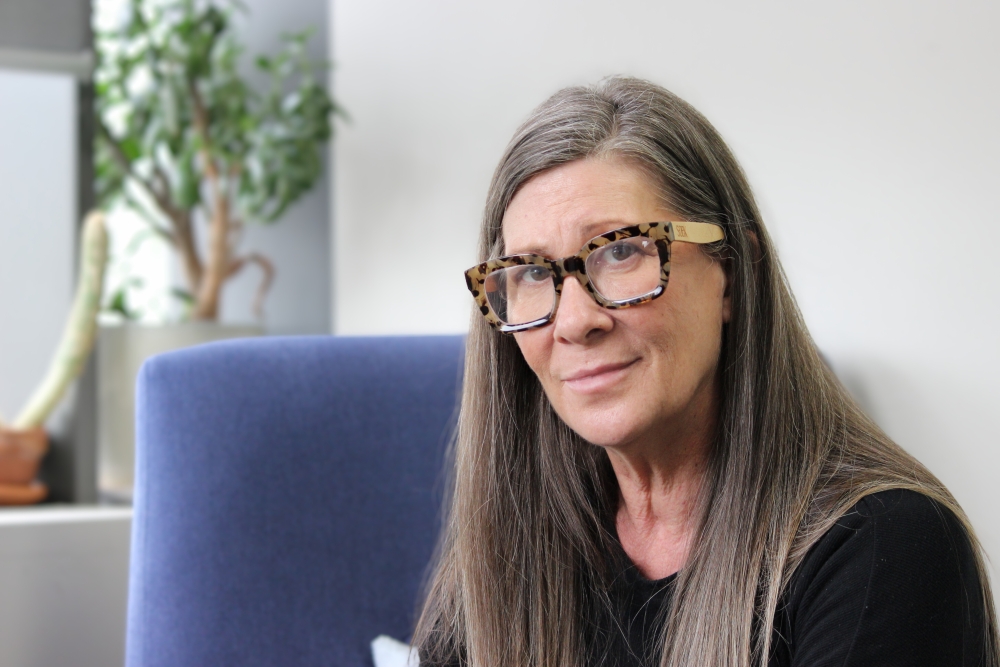How Do Speech Language Therapists Make a Difference?
As speech therapists, one of the most rewarding aspects of our jobs is making a difference in the lives of clients by helping them improve their speech and language skills and enjoying the benefits that this provides. But how do we do it and what methods are used to help kids speak more clearly, articulate words correctly and overcome issues like stuttering?
What Speech Therapists Do
Speech therapists assess and treat a wide range of speech, language and communication problems and are highly qualified and caring individuals with a genuine interest in helping clients overcome disorders and impairments that make effective communication difficult.
The speech and language disorders that are treated with speech therapy include aphasia, articulation disorders, cognitive-communication disorders, dysarthria and expression disorders that make it difficult to convey or express information, fluency disorders like stuttering, and receptive and resonance disorders. It may not be evident that your child has a speech or language disorder or impairment, which is why assessments are so important.
Identifying Speech Challenges
The first step to structure speech therapy treatment is the initial assessment in which the speech pathologist determines the client’s needs and the best treatment methods, activities and exercises to improve their speech, language, and cognitive-communication abilities. The speech pathologist will administer a series of tests and may also observe your child at play to determine their needs and develop an effective communication treatment plan.
Developing a Treatment Plan
The treatment plan will outline your child’s speech, language, and cognitive communication needs and will usually involve a series of treatment sessions. Depending on your child’s age, disorder, any special needs and other factors, these sessions will likely take place on a weekly or fortnightly basis, with some kids attending more or less frequently than others.
Some kids may require intensive sessions, though this usually isn’t determined at the initial assessment. However, you can rest assured that each session is designed specifically to treat your child’s area of speech and communication difficulty and is methodically planned to ensure they have fun, feel more confident and, ultimately, achieve a successful outcome.
Monitoring Progress
Monitoring client progress and constantly updating and structuring treatment plans in line with the progress and gains your child is making over the course of their treatment is a crucially important aspect of the role of a paediatric speech pathologist.
As part of your child’s treatment for a speech or communication impairment, their speech pathologist will also set new goals to work towards, work with your child to achieve those goals, and celebrate their wins and successes with them. This is another important aspect of treatment, as your child needs confirmation that they’re improving, making gains and achieving successes. What’s more, the confidence boost they get through their wins is well-known for delivering greater overall outcomes for children and their parents.
Would you like to learn more about how our highly trained and qualified paediatric speech pathologists deliver better outcomes for clients at our Newcastle speech pathology clinic? Book an appointment today.




